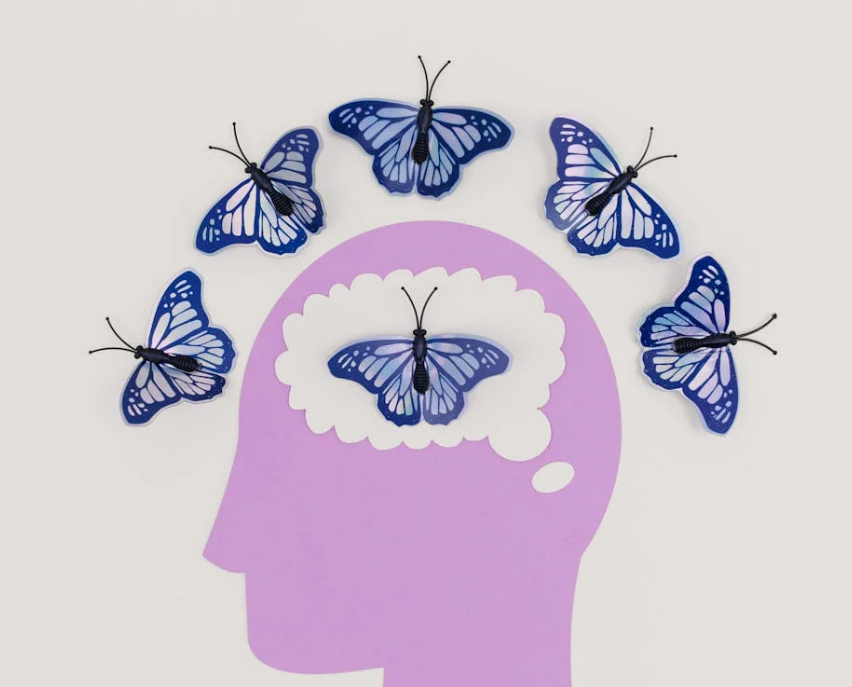The Coaching: Empowerment with a Human Touch
Coaching has gained a stellar reputation for being a personalized and empowering way to foster growth and solve problems—whether in personal life, professional development, or even navigating life’s unexpected curveballs. But what makes coaching so magnetic, and why are people flocking to it faster than they do to the latest viral dance trend? Let’s dive into the logic (and sprinkle in a bit of humor) behind coaching’s growing appeal.
Why Coaching Clicks with People
1. Tailored Support and Focused Growth
Imagine ordering a custom-made suit versus grabbing one off the rack. Coaching is like that tailor—it’s all about the perfect fit. Coaches zoom in on your unique challenges and aspirations, making the experience deeply personal and infinitely more effective. Unlike one-size-fits-all training programs, coaching says, “Let’s talk about YOU.”
2. Empowerment and Self-Discovery
A coach isn’t your GPS, barking out turn-by-turn directions. They’re more like your compass, helping you find your own way. By guiding you to uncover your solutions, coaching empowers you to own your journey—like finally assembling IKEA furniture without calling for backup. It’s a confidence booster!
3. Goal Achievement
We’ve all been there: setting lofty New Year’s resolutions only to abandon them by February. Coaches don’t let that happen. They help you clarify your goals, break them down into bite-sized steps, and hold you accountable (in the nicest way possible). Progress feels tangible—like finally ticking something off your to-do list.
4. Emotional Support and Perspective
Coaching offers a judgment-free zone—a place to unpack your thoughts, emotions, and doubts without someone yelling, “Get over it!” Coaches provide empathy paired with an outsider’s clarity, helping you navigate challenges like a pro. It’s like having a cheerleader who’s also a sage.
5. Adaptability to Various Needs
Whether you’re plotting your career path, tackling a tricky relationship, or figuring out how to meditate without falling asleep, coaching can adapt. It’s the Swiss Army knife of personal development—versatile and ready to tackle whatever life throws your way.
6. Enhanced Leadership and Organizational Impact
Leaders love coaching for good reason: it sharpens decision-making, boosts emotional intelligence, and turns good managers into great ones. Organizations thrive too, with improved team dynamics and performance. Coaching is like fertilizer for workplace culture—minus the weird smell.
7. A Shift in Workplace Cultures
Gone are the days when workplaces were all about rigid hierarchies and grumpy bosses. Today’s people-centric organizations prioritize well-being and growth, making coaching a natural fit. Employees feel valued, leading to cultures where everyone wins.
8. Tangible ROI
Here’s the kicker: coaching delivers results. Improved productivity, job satisfaction, and retention? Check, check, and check. Coaching isn’t just feel-good fluff; it’s a smart investment with measurable returns. Money well spent, if you ask us.
From Socrates to Startups: A Brief History of Coaching
Coaching might be trendy now, but it’s no overnight sensation. Its roots stretch back to ancient times, evolving through mentorship traditions and psychological breakthroughs into the powerhouse practice we know today. Let’s take a quick stroll down coaching’s memory lane.
The Philosophical Beginnings
Back in ancient Greece, Socrates championed self-discovery through dialogue. His method—asking thought-provoking questions to draw out answers—is the OG coaching technique. (Who knew Socrates was basically the first life coach?)
Mentorship in History
Fast-forward to Homer’s Odyssey, where Mentor (yes, that’s his name) guided Telemachus. This concept of mentor-mentee relationships inspired centuries of guidance practices, paving the way for informal coaching.
Psychology’s Influence
Fast-forward again to the 20th century, when psychology entered the mix. Carl Rogers’ person-centered therapy and Maslow’s hierarchy of needs emphasized self-actualization—a fancy term for “becoming your best self.” These ideas laid the groundwork for coaching’s focus on empowerment and growth.
From Sports to Boardrooms
In the mid-1900s, coaching found its first formal home in sports. Coaches like John Wooden weren’t just about teaching skills—they fostered motivation and teamwork. By the 1970s, executives took note, adapting coaching techniques to business leadership. Timothy Gallwey’s The Inner Game of Tennis showed how self-reflection and mental focus could boost performance—on and off the court.
Coaching as a Profession
The 1990s marked coaching’s official debut as a profession. With organizations like the International Coaching Federation (ICF) setting ethical standards, coaching became structured, credible, and—let’s be honest—a lot fancier.
Why Coaching Resonates Today
In today’s fast-paced world, coaching feels like a breath of fresh air. It taps into our innate desire for growth, fulfillment, and connection. Whether you’re leading a team, changing careers, or just trying to get your life together, coaching offers the tools—and the support—to thrive.
Coaching works because it’s deeply human. It’s not about fixing people; it’s about helping them shine. And really, who doesn’t want a little extra sparkle in their life?
What’s your take on coaching? Have you tried it, or are you curious about diving in? Let me know—I’d love to hear your story (and maybe even cheer you on).





